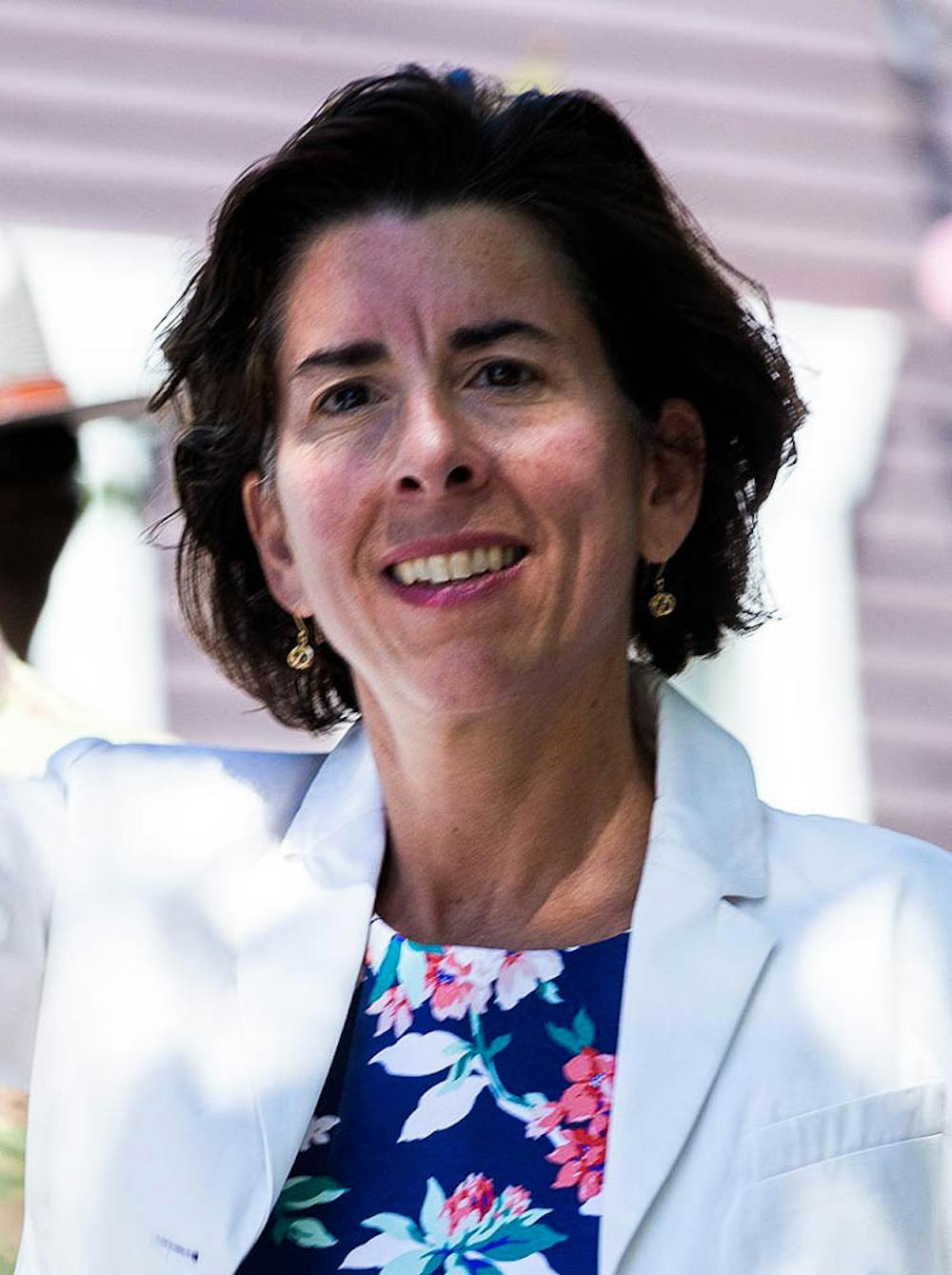The number of medical marijuana dispensaries in Rhode Island could increase from three to 15, raising $5.1 million in projected revenue, according to a new budget proposal released by Gov. Gina Raimondo Jan. 18.
When it comes to medical marijuana, “we lag far behind in comparison to the rest of the country,” said Norman Birenbaum, principal policy and economic analyst for the state’s medical marijuana program. In states with legalized medical marijuana, there is an average of 1,400 patients per dispensary, but in Rhode Island, there is an average of 6,000 patients per dispensary, Birenbaum said.
Raimondo’s plan for the expansion of the state’s medical marijuana program also allows people suffering from acute pain to receive recommendations from physicians that would enable them to use cannabis products.
Acute pain refers to the “normal, predicted onset of pain,” Birenbaum said. Patients could access marijuana to recover from surgery or while recovering from a car accident, for example, he added.
Expanding the availability of medical marijuana could help prevent opioid addictions, Birenbaum said. Opioids are frequently prescribed for patients following surgeries, and can be habit forming.
According to Raimondo’s budget proposal overview, there were 233 opioid overdose deaths in Rhode Island in 2017.
“The more we can get away from opioids, the better it is,” said Nadir Pearson ’19, founder of the Student Marijuana Alliance for Research and Transparency. “Cannabis is not physiologically addicting the same way opioids are.”
Licensing more dispensaries will also help ensure greater regulation as well as safer products and purchasing, Birenbaum said. While there are over 60,000 registered home-grown plants, there are only 9,500 plants in the three dispensaries, he said.
Medical marijuana production could then be handed over to dispensaries to “make sure patients don’t have to buy from (the) black market or grow from homes,” Birenbaum said.
But some believe that Raimondo’s proposal does not go far enough in its efforts to expand the marijuana industry. According to Morgan Fox, communications director for the Marijuana Policy Project, the state is being short-sighted by refusing to legalize marijuana recreationally when other nearby states, like Massachusetts, have already done so.
The continued prohibition of recreational use “is going to rob the state of financial benefits and put a strain on law enforcement for enforcing laws against behavior that should be legal,” Fox said.
Though it has been legal since 2006, medical marijuana is not considered a prescription drug because the federal government still classifies cannabis as a Schedule I drug, Birenbaum said. Doctors can therefore “recommend” but not prescribe medical marijuana, he added.
“It is treated like over-the-counter medicine in Rhode Island and taxed at a 7 percent sales tax,” Birenbaum said. But prices will be lowered due to expanded competition with more dispensaries and patients will have to travel shorter distances to reach one, he added.
“The overall theme is making sure regulated medicine is more accessible,” Birenbaum said.
Corrections: A previous version of this article stated that Nadir Pearson said that "Cannabis is not physiologically addicting the same way opioids are, and you won’t get physical withdrawal symptoms.” In fact, cannabis habits can produce physical withdrawal symptoms. A previous version of this article also stated that Norman Birenbaum said that "Expanding the availability of medical marijuana could help prevent opioid addictions, since opioid products are often prescribed after surgeries and are addictive after three days." In fact, there is not clear evidence that opioids are addictive after three days. The Herald regrets the errors.





